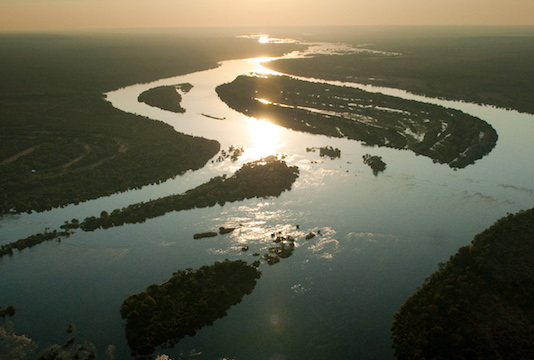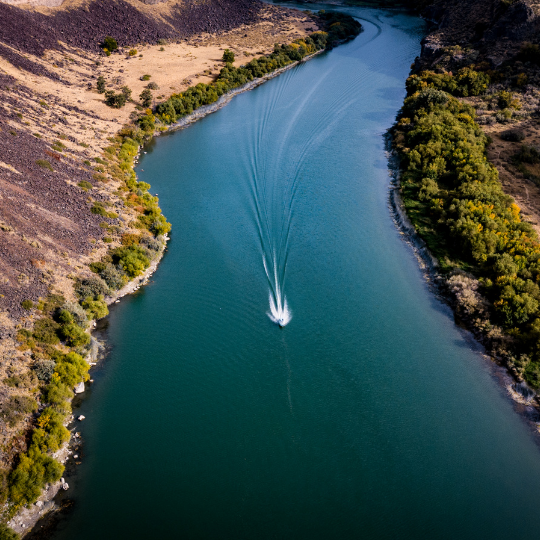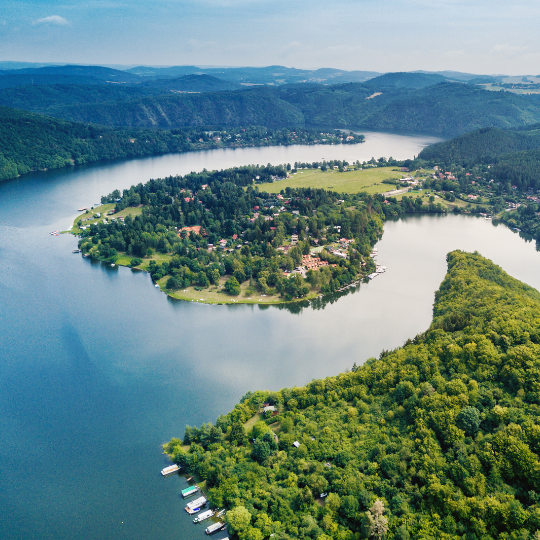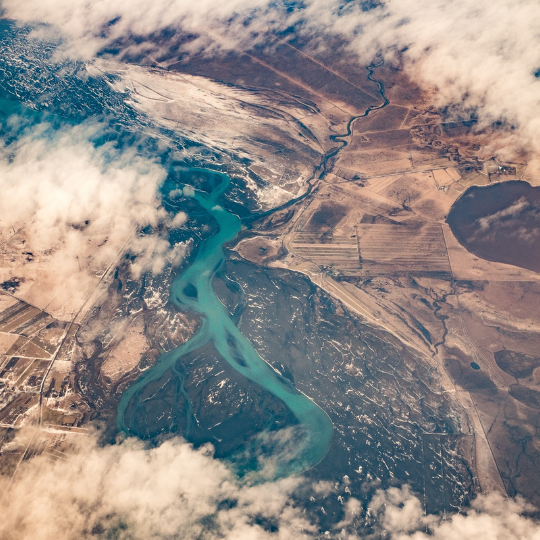Freshwater scarcity, stress, and crisis are increasing worldwide. More than a billion people live in water-scarce regions, and 3.5 billion could experience water scarcity by 2025. These pressures disproportionally affect vulnerable and marginalized people, including those living in poverty and displacement. Rising pollution levels accelerate the crisis by reducing water availability for human use and impacting aquatic life in rivers, lakes, aquifers, and the oceans.
Transboundary basins account for roughly 60% of freshwater resources, serving 2.8 billion people, or 42% of the world’s population. Complex shared transboundary freshwater and ecosystems cut across myriad sectoral needs, themes, and political boundaries. Setting effective policy goals, coupled with investments, means working at multiple scales with a range of public and private stakeholders throughout the watershed, from source to sea and beyond.
This course presents multiple facets of governance for transboundary freshwater security – from financing mechanisms to negotiation skills – while emphasizing the urgency of sustainable development and cooperation at many levels. It extends from basic building blocks and concepts to advanced thinking about transboundary governance, and applies theory to practice through examples and case studies. Topics covered in six modules range from the fundamentals of transboundary water security to international water law, water diplomacy, negotiations, institutions, management tools, and sustainable finance.
The course is designed for professionals who manage and make decisions about transboundary waters within line ministries and river basin organizations; managers of transboundary water projects and the Global Environment Facility (GEF) International Waters Portfolio; the GEF IW:LEARN Network; NGOs, academics, and private sector actors working on basin management; development practitioners; young professionals and future leaders in transboundary waters, including undergraduate and graduate students; and anyone else who is keen to learn about the topic.
This MOOC was produced by the Global Water Partnership in collaboration with GEF IW:LEARN and its partners. Over 80 water professionals from around the world brought their experiences to lectures and case studies. Modules are coordinated by United Nations University, Northumbria University, Stockholm International Water Institute, IHE-Delft, United Nations Economic Commission for Europe, and the Global Water Partnership.





